Understanding Prostate Cancer: Insights from Dr. Ben Davies on Biden’s Diagnosis
Former President Biden’s recent diagnosis with prostate cancer has raised public interest and concern. To shed light on the matter, Dr. Ben Davies, a professor of urology at the University of Pittsburgh, spoke with NPR’s Steve Inskeep about the condition and the potential treatment paths available for patients.
Prostate Cancer Diagnosis
Prostate cancer is a prevalent condition among men, particularly as they age. The diagnosis of a public figure like Biden brings attention to the importance of regular screenings and awareness. Dr. Davies emphasizes, “Early detection can significantly impact the effectiveness of treatment and overall outcomes.” The prostate-specific antigen (PSA) test, often used for screening, is a crucial tool in early diagnosis.
Treatment Options
The treatment landscape for prostate cancer is varied, offering several options depending on the stage and severity of the disease. According to Dr. Davies, these can range from active surveillance for less aggressive forms to surgical and radiation interventions for more advanced stages. “Each case is unique, and treatment plans should be personalized to fit the patient’s specific needs and health profile,” Dr. Davies explains.
For further information on prostate cancer and treatment options, visit the American Cancer Society.
The Importance of Awareness
Dr. Davies stresses the critical role of awareness and education in combating prostate cancer. “Public figures can influence public perception and encourage others to take proactive steps in managing their health,” he notes. As discussions about Biden’s diagnosis continue, the conversation serves as a reminder of the significance of understanding one’s health and the options available.
For more details on prostate cancer statistics and support, the CDC’s prostate cancer page offers valuable resources.
This article was originally written by www.npr.org






